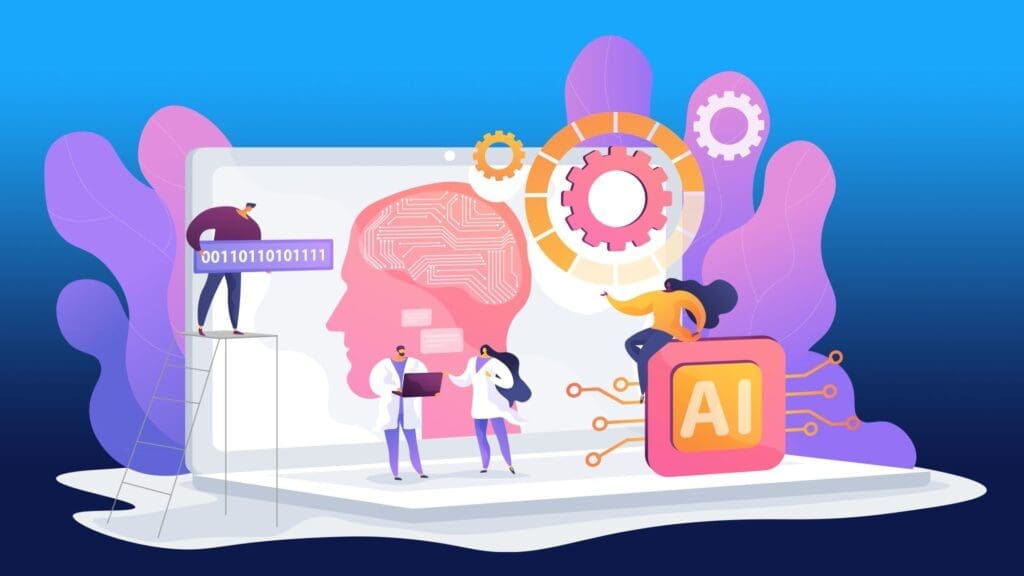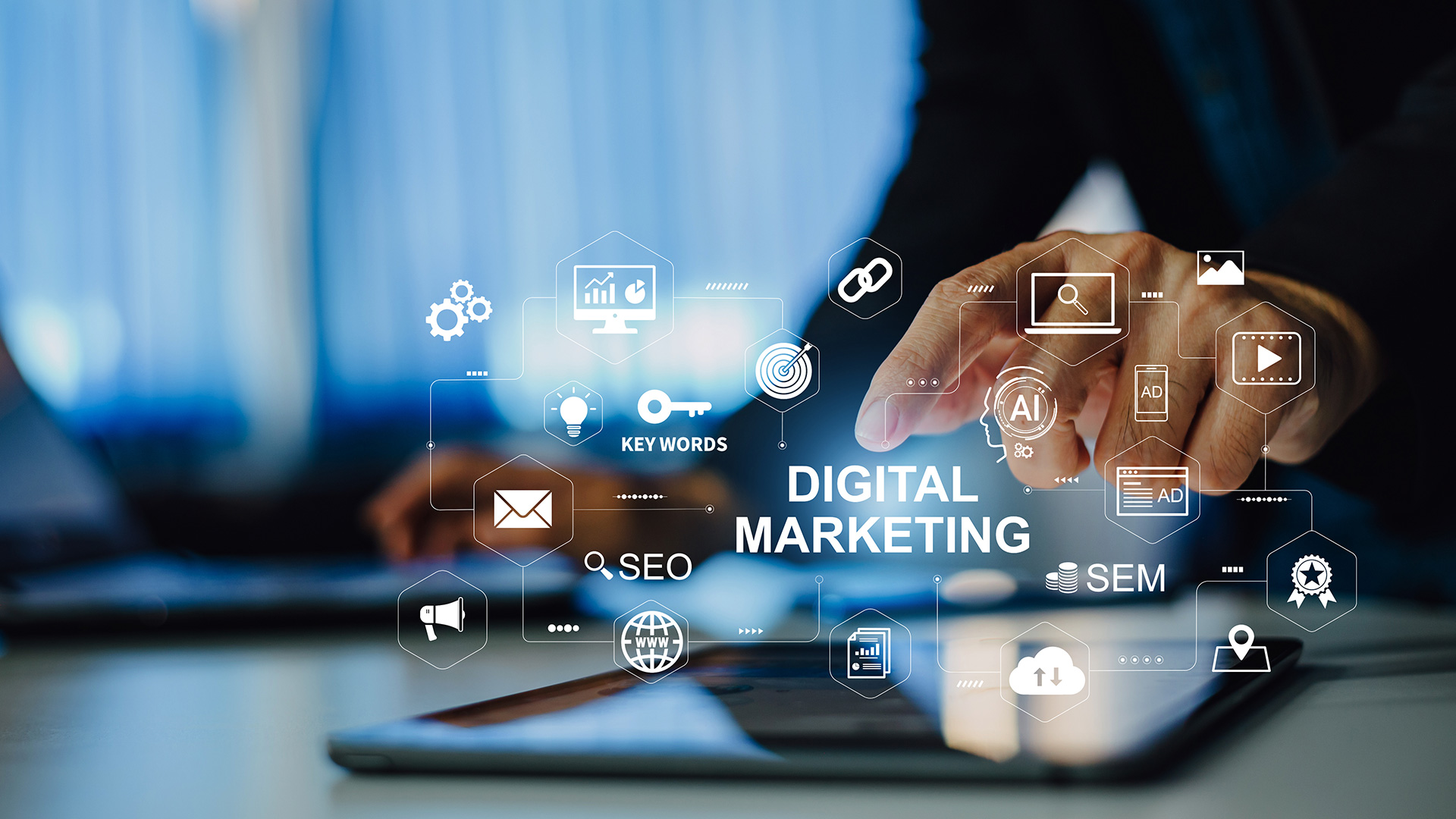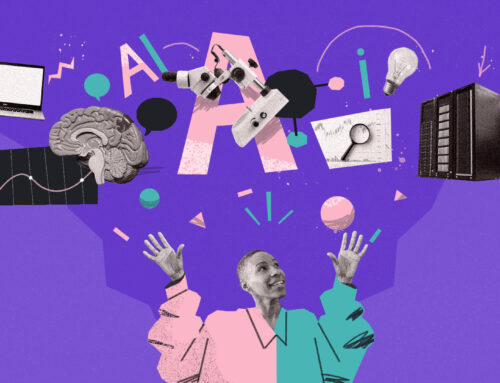Event marketing has become increasingly competitive, with attendees expecting personalized experiences and engaging content across all touchpoints. To make a lasting impression, consider incorporating Cheap Custom Canvas Prints for Wall Art as unique, eye-catching decor that enhances the event’s atmosphere and provides a memorable experience. Traditional strategies, while effective to a degree, often lack the dynamic capabilities that modern audiences demand. Artificial Intelligence (AI) presents a powerful solution, revolutionizing the event industry by creating buzz that resonates on a deeper level, making events more compelling and engaging. By offering data-driven audience insights, automating social media engagement, and enabling real-time interactions, AI tools transform event planning, event marketing, and event management into more adaptable, interactive experiences.
Using AI for event marketing in event strategies allows an event planner or event organizer to deliver personalized event content, design impactful marketing strategies, and enhance the overall event experience. Whether for a virtual event or an in-person gathering, leveraging AI ensures smooth integration into marketing campaigns, empowering planners to create future-ready events. These tools also make it easier to use AI for audience-specific content, real-time adjustments, and innovative ways to improve attendee satisfaction.
As we explore further, we’ll see how integrating AI can optimize event strategies, unlock the potential of AI tools for events, and help achieve unmatched engagement levels. By embracing AI, the future of event marketing is brighter, enabling dynamic, personalized, and data-driven experiences across all touchpoints.

AI-Driven Audience Insights for Targeted Event Campaigns
Artificial intelligence excels in understanding audience needs and predicting behaviors. In event marketing, AI provides a wealth of knowledge that empowers marketers to create targeted campaigns. AI-powered tools can analyze vast data pools to identify audience patterns, preferences, and behaviors, allowing event organizers to build campaigns that resonate with specific demographics. This level of targeting helps build stronger connections with attendees, offering more meaningful content and personalized experiences.
Enhanced Data Collection and Analysis using Artificial Intelligence
AI enables efficient data collection and analysis, transforming raw data into actionable insights that can shape event marketing strategies. By processing data from multiple sources—such as social media profiles, browsing history, and registration forms—AI tools can profile attendees and predict which marketing messages will be most effective. This analysis helps marketers to focus on high-impact audiences, saving time and resources while improving campaign relevance.
Benefits of AI-driven data analysis:
- Identifies trends in attendee preferences and interests
- Pinpoints high-engagement demographics
- Streamlines targeting to increase relevance
With these insights, event marketers can tailor every aspect of their campaigns, from email invites to social media advertisements. This targeted approach enhances engagement and encourages higher turnout.
Personalization at Scale
Personalization is critical in event marketing, as it fosters a sense of exclusivity and connection. AI in event marketing empowers marketers to create personalized events by tailoring outreach on a large scale, adjusting messaging to fit the specific interests and needs of different audience segments. The power of AI lies in its ability to analyze vast amounts of event information using AI algorithms, providing insights that drive impactful event marketing strategies.
For instance, AI can help send custom invitations highlighting sessions or speakers tailored to specific groups, increasing the likelihood of registration. Planners can use AI to analyze attendee preferences and behavior, enabling a successful event with targeted communication and personalized experiences. The integration of generative AI, like using ChatGPT or other AI-driven tools, further enhances the creative process, offering unique ideas for event themes or prompts for events.
With AI tools for event planning and AI tools for event planners, managing every aspect of event planning and management becomes seamless. From designing an event app to crafting innovative marketing strategies powered by AI, these tools revolutionize the way events are organized and experienced. As the future of AI unfolds, its role in making events more dynamic and engaging will only grow, cementing its position as one of the top AI tools for planners. By harnessing the power of AI, marketers can unlock new ways to deliver exceptional experiences, ensuring the future of event management remains bright and innovative.
Examples of AI personalization in event marketing:
- Personalized email campaigns featuring curated sessions for each recipient
- Social media ads that speak directly to audience needs based on past behaviors
- Customized follow-ups to engage attendees before, during, and after events
Through these personalized touches, AI helps build excitement and relevance, resulting in campaigns that feel uniquely tailored to each attendee.
Predictive Analytics for Event Planning
AI’s predictive analytics capabilities go beyond data analysis to forecast attendee behaviors and preferences, transforming the event management industry. By incorporating AI into event management, marketers can make informed decisions that enhance the overall event experience. For example, AI can analyze data from past events to predict which sessions might attract the most interest, guiding aspects of event planning such as scheduling and resource allocation. This enables event planners to optimize their strategies for the next event effectively.
AI for event marketing provides insights that allow event professionals to anticipate attendee needs, such as predicting peak times for registration and check-in, which streamlines event planning and execution. By integrating tools like AI chatbots for handling queries or automating the creation of event invitations and event materials, AI ensures a more streamlined event process. Whether organizing a networking event or designing an interactive event website, AI can significantly enhance various aspects of the event while saving time and resources.
In the future of AI in events, the ability to use artificial intelligence for forecasting and personalized planning will continue to grow. Planners can discover how AI enhances experiences, from generating event ideas to improving attendee satisfaction. This not only allows event managers to deliver better outcomes but also helps to make your event memorable and successful. By leveraging AI’s predictive capabilities, event organizers can confidently design impactful and engaging events tailored to attendee preferences.
Key uses of predictive analytics in event marketing:
- Forecasting event attendance and peak registration times
- Anticipating interest levels in specific sessions
- Optimizing event check-in app usage for smooth attendee experiences
By utilizing predictive analytics, event organizers gain the foresight needed to prevent logistical bottlenecks and ensure attendees have an engaging experience from start to finish.

Leveraging AI-Powered Content and Social Media for Event Buzz
AI is revolutionizing content creation and social media management, offering tools to enhance how event planners and marketers engage with their audiences. The use of AI in these areas allows marketers to create buzz and drive engagement across digital platforms seamlessly. With AI tools like content generators and scheduling assistants, AI can automate the creation and distribution of event-related content, ensuring a steady flow of updates that keep audiences engaged.
Using AI in event planning helps create personalized event campaigns by analyzing audience behavior and preferences, while advancements in AI continue to refine these capabilities. For example, AI can streamline social media engagement by identifying trending topics and preferred content formats, leading to more impactful and targeted campaigns. These tools allow event organizers to effectively plan various event agendas and optimize digital outreach.
AI can also provide insights for improving marketing strategies and extending engagement beyond the event itself. Whether it’s for b2b events or public gatherings, these tools can also transform how events are planned, marketed, and executed. By embracing the role of AI and its potential in future event planning, organizers can leverage its capabilities to transform your event into a highly engaging experience. AI can provide the edge needed for successful event planning and marketing in today’s competitive landscape.
Automated Content Creation for Event Management
One of AI’s standout capabilities is its power to streamline content creation and scheduling, eliminating repetitive tasks and allowing marketers to focus on creativity and strategy. AI tools can generate social media posts, email reminders, and blog updates, maintaining audience interest without overwhelming human teams. These tools can even adjust the content to match audience preferences, amplifying its impact.
Advantages of AI in content creation:
- Automates repetitive tasks for efficient content flow
- Schedules posts for optimal engagement times
- Adapts content style to match audience expectations
Through automated content management, marketers can maintain momentum and engagement, sustaining interest in the lead-up to the event.
Optimized Social Media Engagement using AI for Event Marketing
Social media plays a central role in event marketing, and AI helps marketers get the most out of their social efforts. AI-driven platforms analyze social media trends, audience engagement patterns, and competitor activities, guiding marketers on the best times, platforms, and content types to use. This analysis ensures that each post reaches its maximum potential, fostering engagement and building anticipation.
Key AI features for social media:
- Sentiment analysis to gauge public perception
- Hashtag and keyword recommendations for better reach
- Content timing suggestions based on peak activity hours
By optimizing social media engagement, AI enables marketers to generate excitement and keep their events top of mind for attendees.
AI-Driven Influencer Identification
Influencer partnerships can give event marketing a considerable boost by expanding reach and credibility. AI tools can identify influencers whose audience aligns with the event’s target demographic, streamlining the selection process and ensuring impactful collaborations. Through data analysis, AI determines which influencers will be most effective at engaging the target audience, helping marketers make strategic choices.
Steps for leveraging influencers with AI:
- Identify influencers with relevant, engaged audiences
- Evaluate influencer track records for past success rates
- Build partnerships to amplify event messaging
AI’s ability to pinpoint high-potential influencers enhances the effectiveness of influencer marketing, making it a valuable tool for building event buzz.
Real-Time AI Applications During the Event for Maximized Engagement
The role of AI doesn’t end when the event begins. On-site AI applications can enhance attendee experiences, provide real-time feedback, and deliver personalized recommendations that add value to the event. These real-time capabilities allow event organizers to monitor engagement and adapt to attendee needs on the fly, creating an interactive, customer-centered experience.
Chatbots and Virtual Assistants
Chatbots have become an essential feature of event marketing, acting as virtual guides that assist attendees with directions, schedules, and FAQs. These AI-powered assistants ensure that attendees have access to information and support whenever they need it, improving overall satisfaction. With round-the-clock availability, chatbots keep attendees engaged and informed, freeing up event staff to focus on complex issues.
Advantages of chatbots in events:
- Provides immediate answers to attendee questions
- Manages routine inquiries without staff intervention
- Enhances attendee satisfaction with 24/7 availability
By adding value to the event experience, chatbots help retain attendee engagement, ensuring they remain invested in the event.
Sentiment Analysis and Audience Feedback
AI-driven sentiment analysis tools can monitor social media mentions, feedback forms, and other attendee interactions to gauge attendee mood in real-time. This immediate feedback allows organizers to make on-the-spot adjustments to improve the event experience. If attendees express concerns or highlight positive aspects, organizers can respond promptly to optimize satisfaction and resolve any issues.
How sentiment analysis enhances engagement:
- Tracks real-time feedback from attendees
- Identifies areas that need improvement
- Highlights positive experiences to capitalize on
Real-time sentiment analysis ensures that attendees feel heard and valued, enhancing their overall experience.
Personalized Recommendations for Attendees
AI-powered recommendation engines deliver personalized content and activity suggestions to attendees, improving their experience by making the event more relevant to their interests. For example, an AI system could suggest specific sessions, networking opportunities, or vendors based on attendee profiles. This tailored approach helps attendees navigate large events with ease, focusing on what matters most to them.
Benefits of personalized recommendations:
- Directs attendees to relevant sessions and exhibits
- Encourages interaction by promoting compatible connections
- Enhances attendee satisfaction with targeted suggestions
With real-time personalization, AI transforms event experiences, making attendees feel more connected and engaged.
Conclusion
Incorporating AI into event marketing campaigns provides a transformative edge, enhancing every phase of the event journey—from audience insights to post-event feedback. AI enables deeper audience engagement, boosts social media performance, and ensures real-time adaptability, making it a powerful asset in modern event marketing. As AI technology evolves, its potential for optimizing event experiences will only grow, creating exciting opportunities for event marketers seeking impactful, data-driven strategies.


